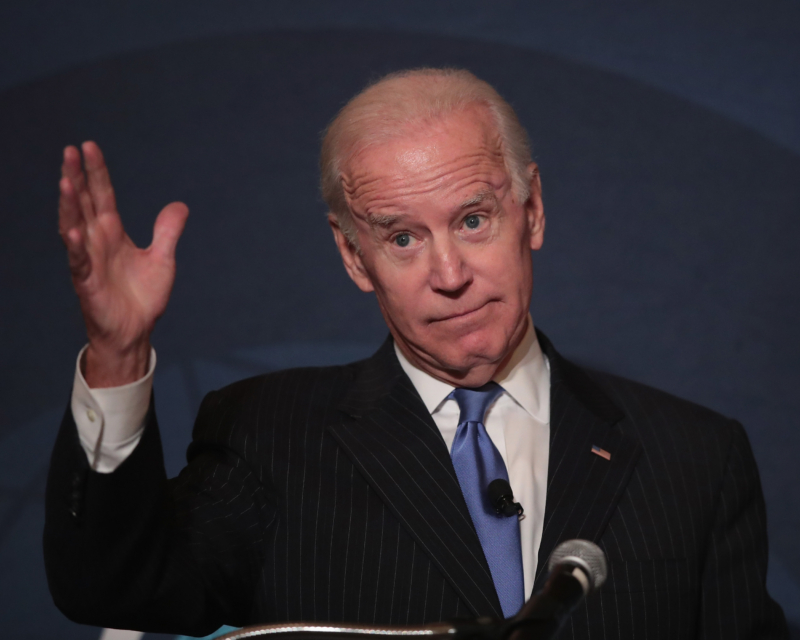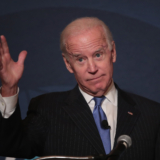Biden Administration Proposes Raising Overtime Salary Cap
The Biden administration’s Labor Department unveiled a bold plan on Wednesday to increase the salary cap for receiving overtime pay, potentially impacting millions of salaried workers across the United States. The proposed rule aims to grant millions of salaried workers the right to time-and-a-half pay for every hour worked beyond 40 hours per week.
Under the proposed plan, the threshold for salaried workers to qualify for overtime pay would be raised to $1,059 per week, equivalent to an annual income of approximately $55,000. This change is expected to make approximately 3.6 million more salaried workers eligible for this crucial financial benefit. Workers in sectors such as restaurants and grocery stores, including department managers, stand to benefit from this potential boost in their paychecks.
Acting Secretary Julie Su expressed the importance of this proposal, stating, “For over 80 years, a cornerstone of workers’ rights in this country is the right to a 40-hour workweek, the promise that you get to go home after 40 hours or you get higher pay for each extra hour that you spend laboring away from your loved ones.” She added, “I’ve heard from workers again and again about working long hours, for no extra pay, all while earning low salaries that don’t come anywhere close to compensating them for their sacrifices.”
Su emphasized that “Workers deserve to continue to share in the economic prosperity of Bidenomics.” Currently, the rule mandates that salaried workers making up to $35,568 or less must be paid overtime, a limit that has remained unchanged since the Trump administration raised it from $23,600 in 2019.
President Obama had previously attempted to increase the limit to $47,476, but a judge blocked the move in 2016 due to pressure from states and businesses.
The Biden administration’s proposal was met with swift opposition. The American Hotel & Lodging Association (AHLA) released a statement condemning the plan, which would mark the second time in less than five years that the minimum salary threshold for overtime has increased by over 50%.
AHLA President and CEO Chip Rogers expressed concern, saying, “Small business owners continue to grapple with the rising costs of conducting business and inflationary pressures. If implemented, DOL’s proposal would result not only in crushing increases in labor costs for employers but also significant tax hikes and administrative costs as well.”
Currently, overtime pay typically applies to hourly workers, while many businesses are allowed to exempt salaried employees above a certain income level. However, the Labor Department establishes a minimum salary level for overtime exemption, which is now under consideration for a substantial increase.
The proposal has ignited a heated debate between labor advocates and business groups, setting the stage for a robust discussion about workers’ rights and the economic impact of potential changes in the salary cap for overtime pay.
The Labor Department’s proposal is open for public comment, and its ultimate fate will be determined after considering feedback from stakeholders and the public.





